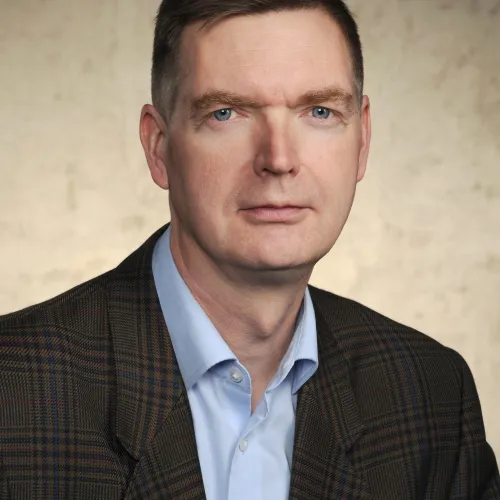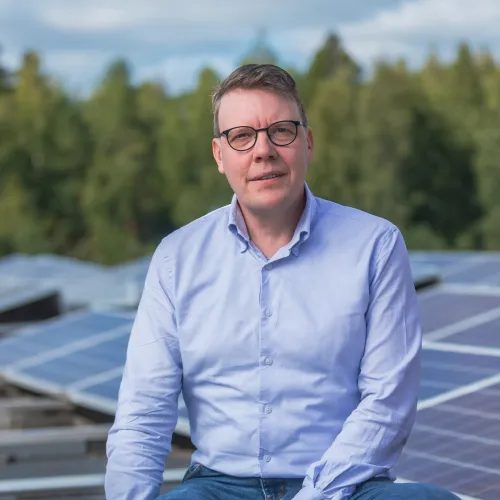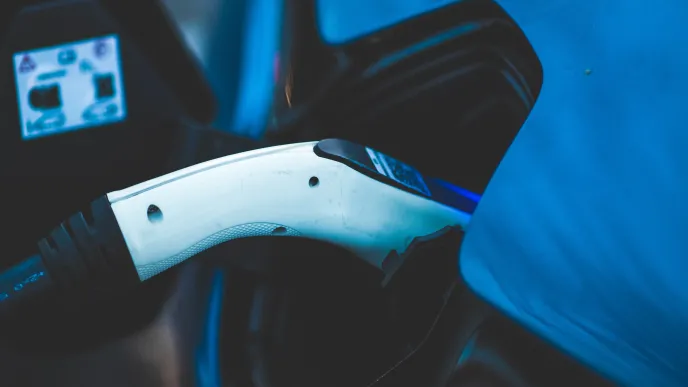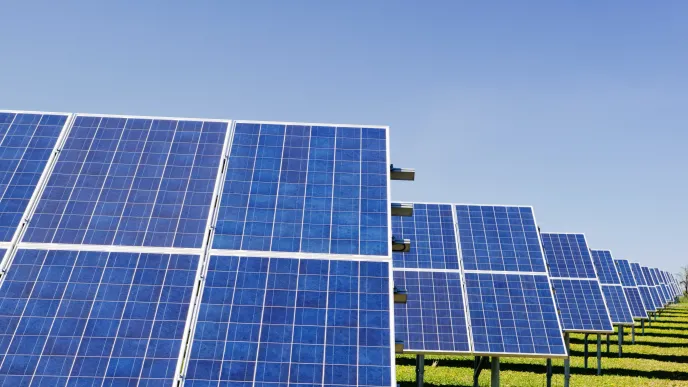"So far, the cooperation with ABB has focused on electrical engineering. With the new agreement, the cooperation between ABB and LUT will expand to cover the whole university," says Professor Olli Pyrhönen, Dean of the School of Energy Systems.
In the future, also other schools of the university, LUT School of Engineering Science and LUT School of Business and Management will participate in the invention and innovation work. According to Pyrhönen, the cooperation with ABB will focus on the energy transition and green electrification.
"At the general level, our strategic theme is climate change and electrification. Later on, the focus of research will be revised based on themes that are of topical interest for both the partners."
The agreement delineates a framework for strategic cooperation, and the funding of individual research projects will be decided on a project-by-project basis.
According to Pekka Tiitinen, Country Managing Director of ABB Oy Finland, the key benefits of academic research often materialize within a time span of three to ten years. Academic research focuses clearly more on the future than the research and product development carried out in industry.
"At best, the professors challenge ABB and point out areas where we could intensify our cooperation even further," says Tiitinen.
25 years of synergies
LUT and ABB have been cooperating since the 1990s. ABB is one of the most significant industrial partners of LUT University.
"If we look at the entire path of our 25-year cooperation, we can say that ABB has been our most significant funder of research," notes Pyrhönen.
ABB cooperates with numerous universities both in Finland and abroad. Pekka Tiitinen tells that considering its size, LUT is a significant partner in Finland.
"Both ABB and LUT have developed considerably over the years of cooperation. LUT has improved its position in university rankings and increased its attractiveness also nationally. ABB, on the other hand, is one of the largest industrial employers in Finland and is globally, for instance, a leading infrastructure provider in electrical transportation," says Tiitinen.
Markku Niemelä, Director of the Carelian Drives and Motor Centre (CDMC) at LUT, states that the long-term cooperation has produced dozens of inventions and innovations, some of which have been patented.
"We would not be able to conduct research on energy systems at this level with university resources only, without a major industrial partner like ABB," says Niemelä.
The CDMC is a centre of excellence established by LUT and ABB. The centre investigates topical problems in the field of electrical drives and systems. Many of ABB's global products include technology that is based on research results produced by the CDMC. Over the years, numerous master's theses and doctoral dissertations have been written in joint research projects of ABB and LUT.
New professionals needed in the field
The significance of the strategic cooperation agreement between LUT and ABB is emphasized by the fact that the role of electrical energy will increase substantially in the future. According to Pyrhönen, emission-free electricity will replace fossil fuels as the first source of primary energy, which calls for enormous amounts of new capacity for power conversions. Power conversion refers to the process of converting electric power from one form into another much more efficiently and more flexibly than today.
"Traditional industries have to adopt a hydrogen economy, for instance production of food, fuels or even proteins from air and electricity, and the pace of this development may surprise us all. There is a huge transition ahead in the business world," says Pyrhönen.
This means that there is an urgent need for many new professionals in the field. Research Director Niemelä says that one of the targets of cooperation is to find and develop new talents.
"LUT is happy to welcome researchers with industrial experience. We need more information about what kind of research information would best benefit companies."
LUT and ABB signed the strategic cooperation agreement on 2 June, 2021.
More information:








